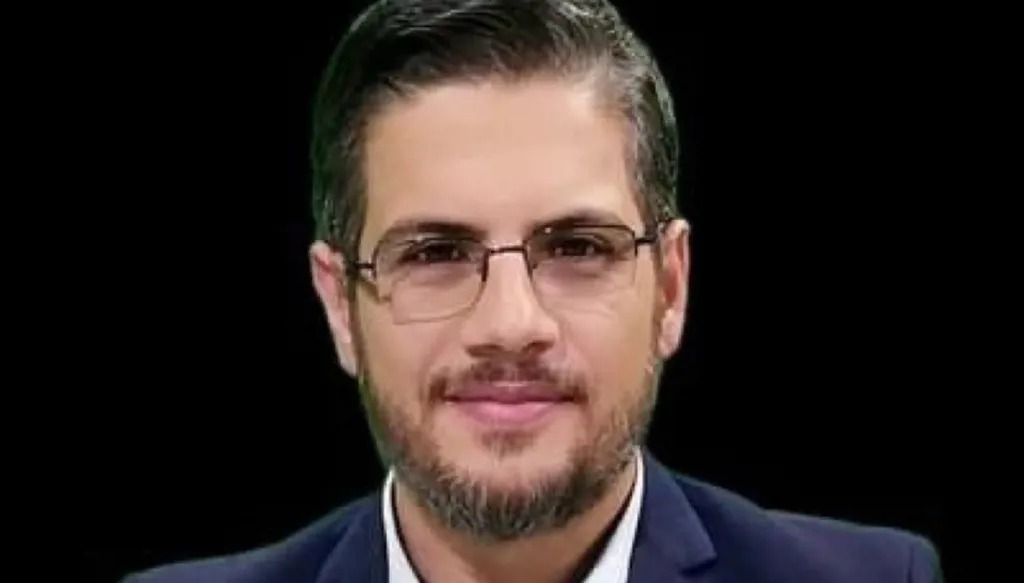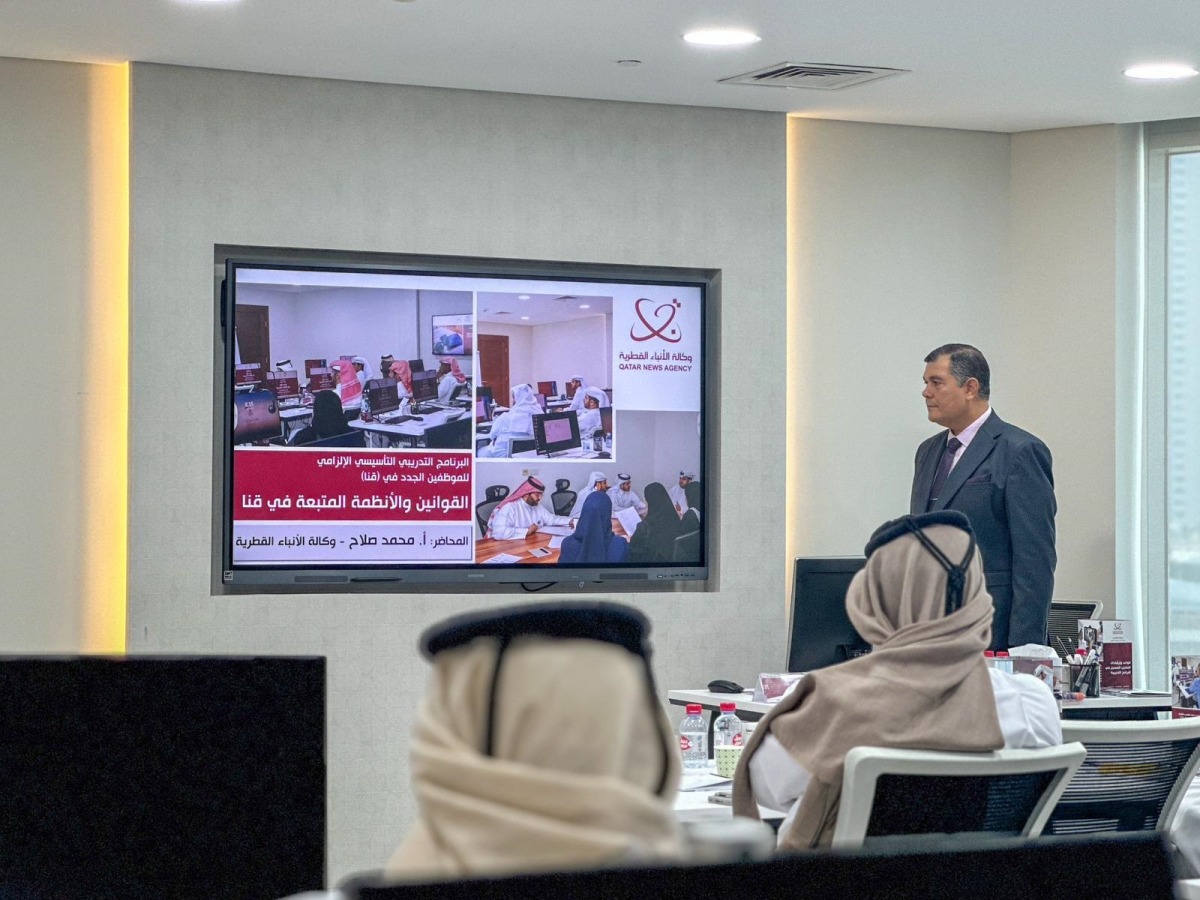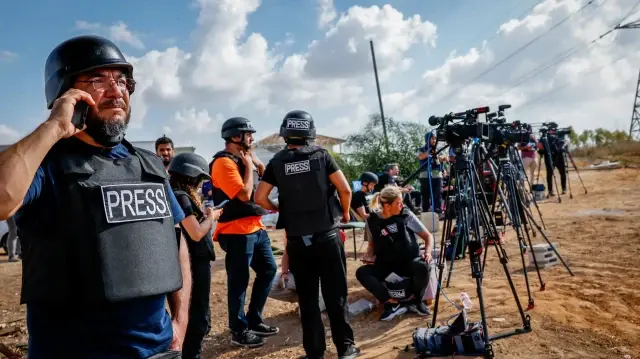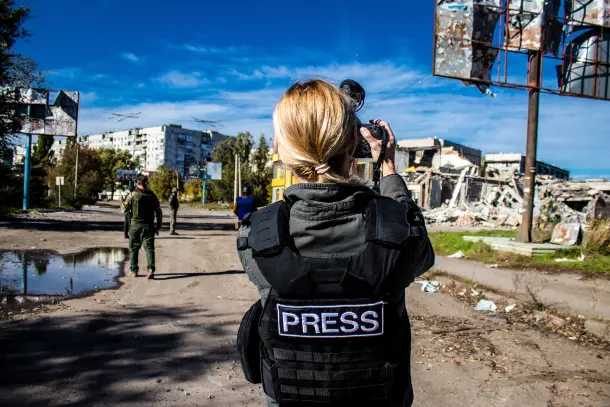
Heavy Toll on Journalists in 2024: A Crisis in Conflict Zones
December 12, 2024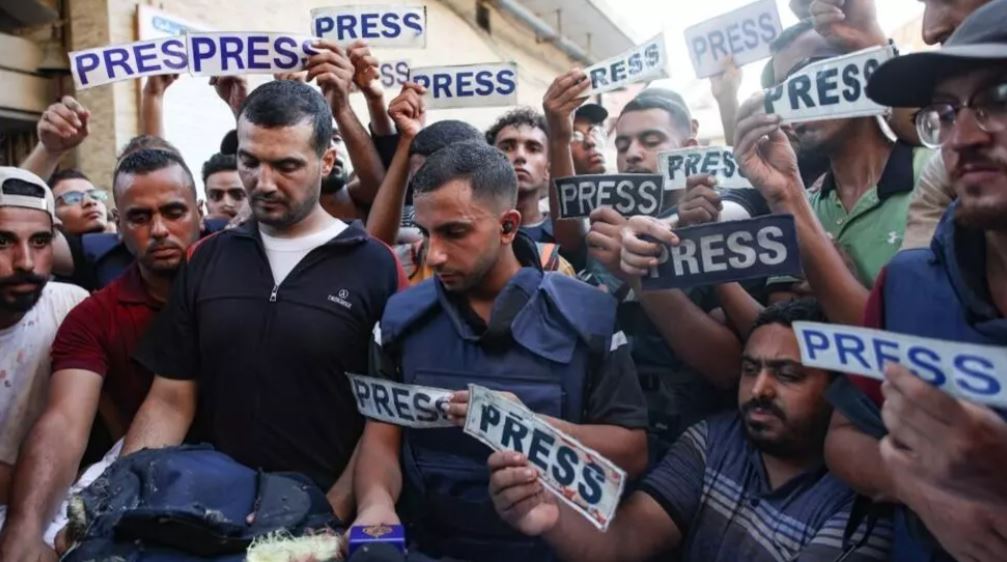
The Deadliest Year for Journalists: RSF Warns Israel Accountable for One-Third of 2024 Journalist Deaths
December 12, 2024December 12, 2024 – Syria –
Recent reporting highlights a growing chorus of voices demanding justice for the journalists killed during Bashar al‑Assad’s rule. The atrocities, some dating back nearly 14 years, are finally being addressed following the regime’s collapse in December 2024.
According to Voice of America and Ground News, press freedom organizations—including CPJ, RSF, and Human Rights Watch—are urging formal accountability for Assad-era crimes against the media. Francesca Conroy of RSF emphasizes the dual aim of securing “justice and accountability for Syrian citizens, but also the press”. RSF reports that at least 23 journalists remain imprisoned in Syria, while 10 others are missing, underscoring the regime’s notorious suppression tactics.
RSF further states that at least 181 journalists were killed or executed by Assad’s regime and its allies since the 2011 revolution—a figure that excludes the 102 journalists slain by opposition groups. This staggering loss includes high-profile cases like American reporter Marie Colvin and French photographer Rémi Ochlik, both killed in Homs in 2012.
In response to this tragic tally, RSF is campaigning for Assad to be prosecuted for murder, calling on the International Criminal Court to hold him accountable. Meanwhile, the transitional authorities in Damascus—led by Hayat Tahrir al‑Sham—have pledged to investigate disappearances and set up trials. However, independent observers caution that these efforts risk excluding the victims of opposition-aligned forces.
A potential breakthrough came in February 2025, when French prosecutors reportedly issued arrest warrants targeting senior Assad-era officials in connection with Colvin and Ochlik’s deaths, invoking universal jurisdiction in charges of crimes against humanity.
While international legal mechanisms begin to move, the path to justice remains daunting. Syrian courts may lack the independence or capacity to try former regime figures, and despite the establishment of a National Commission for Transitional Justice in May 2025, enduring concerns linger about inclusivity and impartiality
Reference –


